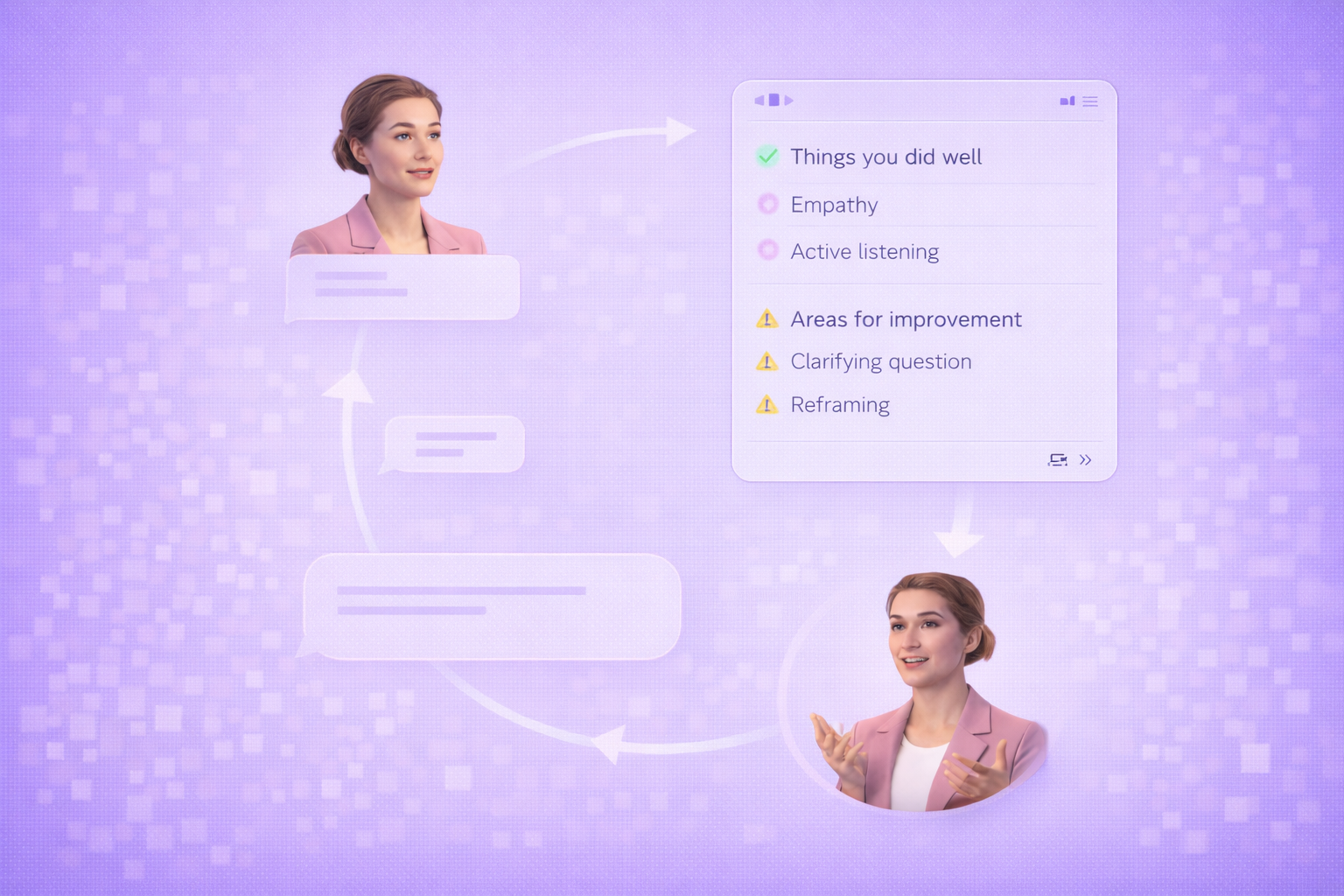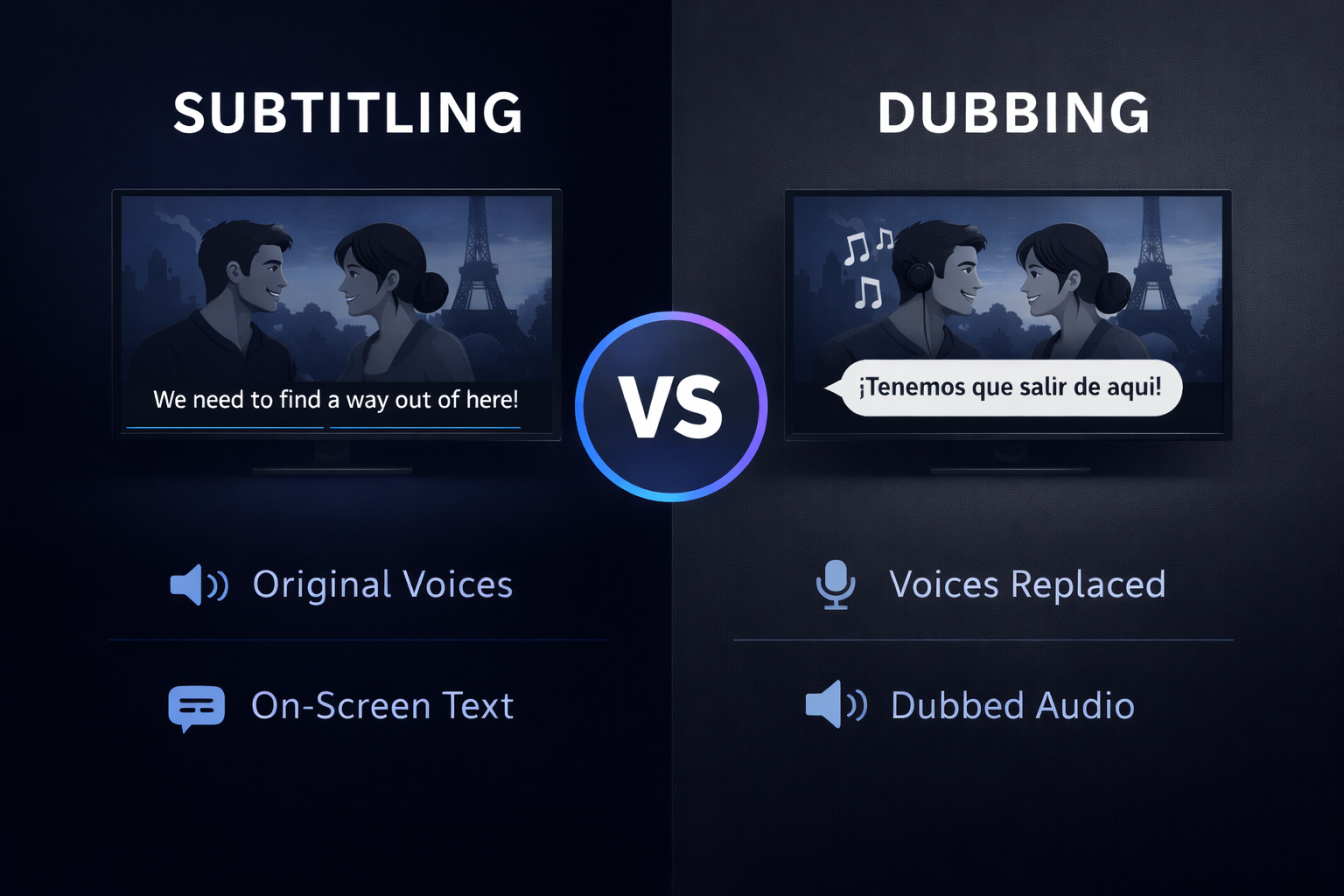
Create AI videos with 240+ avatars in 160+ languages.
Voice replication and AI text-to-speech technology are rapidly changing how we interact with digital devices. While these advancements offer significant benefits, such as enhanced user experiences and accessibility, they also raise substantial ethical considerations. This article discusses the ethics of cloning, covering privacy, misuse risks, and essential safety measures.
The promise of cloning technology
Voice cloning technology creates highly realistic synthetic voices from a small sample of someone's speech. This technology is especially useful in areas like customer service, where it offers personalized communication without needing constant human effort. According to a 2021 study by Juniper Research, the number of voice-assisted devices is expected to exceed 8 billion by 2023, doubling from just 4 billion in 2020. This rapid growth underscores the increasing reliance on voice technology across various sectors.
Ethical concerns and privacy issues
Cloning raises many ethical and privacy issues that we must address to protect individual rights and maintain trust in communication technology. As the use of synthesized voices becomes more widespread, distinguishing between authentic and artificial voices becomes more difficult, posing intricate challenges for ethical governance and usage.
1. Consent and ownership
One of the primary ethical concerns with cloning is the need for clear consent and ownership. Ethical use of this technology requires explicit permission from the individuals whose voices are being cloned. Ensuring that individuals are fully aware of how their voice will be used is crucial for maintaining personal autonomy and dignity.
2. Potential for misuse
The potential misuse of voice replication technology can range from creating misleading or fraudulent audio clips to impersonating others without their consent. Such scenarios can lead to significant trust issues and legal implications, particularly in the realms of misinformation and identity theft.
A detailed report by Pindrop noted a 350% increase in voice fraud incidents from 2013 to 2017. In one noted case, fraudsters used synthetic voice technology to impersonate a CEO’s voice and successfully requested a fraudulent wire transfer of $243,000.
3. Privacy preservation
Protecting the privacy of individuals whose voices are cloned is paramount. This requires implementing secure data handling practices to prevent unauthorized access to and use of voice samples, which could breach privacy.
Regulatory framework and compliance
Managing the ethics of cloning needs strong regulatory frameworks. Effective rules should ensure that the collection, use, and storage of voice data are transparent and open for review. Regulators must enforce stringent consent protocols that are clear, informed, and revocable at any time by the data subject. Additionally, implementing comprehensive data protection measures is crucial to safeguard personal information against unauthorized access and misuse.
Meeting existing legal standards is pivotal for responsibly deploying cloning technologies. In Europe, the General Data Protection Regulation (GDPR) provides a solid foundation for the protection of personal data, emphasizing the rights of individuals to control their personal information and setting strict guidelines on consent. Since the implementation of GDPR in Europe, there have been significant advancements in how voice data is managed. For instance, under GDPR, users have the 'right to be forgotten,' which has led to stronger controls and the ability to erase personal data upon request—a crucial protection in the realm of voice replication.
Similarly, in the United States, the Health Insurance Portability and Accountability Act (HIPAA) sets standards for the protection of personal health information, ensuring that data privacy is maintained in healthcare-related cloning applications.
These regulations should be seamlessly integrated into the lifecycle of voice cloning technologies, from initial development through to deployment and beyond. Companies and developers should engage with legal experts and policymakers to ensure full compliance, adapting their operations as legal frameworks evolve. This adherence not only mitigates legal risks but also builds public trust in voice technologies, paving the way for their ethical and sustainable use.
Implementing ethical practices in cloning
As cloning technology advances, organizations must embed ethical considerations deeply within their operational practices. This involves not only adhering to legal standards but also actively cultivating a culture of ethical awareness. By prioritizing ethical practices, companies can navigate the complexities of this innovative technology responsibly, ensuring that its application benefits society while minimizing potential harm. The following points elaborate on key areas such as transparency, security, ethical AI frameworks, and the importance of regular audits in maintaining the integrity and trustworthiness of cloning applications.
1. Transparency
Companies need to be clear about how they use cloning technology. This includes informing users about the use of synthetic voices and the purposes for which they are employed.
2. Security measures
Adopting stringent security measures to safeguard voice data is crucial. This means encrypting voice samples and using access controls so only authorized people can use the data
3. Ethical AI frameworks
Developing and following ethical AI frameworks can guide the responsible use of voice replication technologies. These frameworks should address concerns such as fairness, accountability, and the societal impact of the technology.
4. Regular audits
Conducting regular audits can help ensure compliance with ethical standards and regulations. These audits should assess both the technology itself and its broader impacts on society.
An ethical approach to cloning in practice
Synthesia is an AI video generation company that offers cloning in addition to AI avatar technology to allow users to create studio-quality videos in minutes. As a leader in the AI video generation space, Synthesia adheres to a strict ethical framework known as the 3Cs—Consent, Control, and Collaboration—to guide its use of synthetic media technologies. This framework ensures that all AI-generated content respects the rights of individuals and maintains high ethical standards.
- Consent: Synthesia ensures real human actors consent to the use of their likenesses for creating AI avatars, thus respecting personal and image rights.
- Control: The company implements rigorous content moderation policies and uses technology to prevent the misuse of its platform, ensuring that the content generated remains appropriate and secure.
- Collaboration: Engaging with regulatory bodies and participating in industry-wide initiatives, Synthesia actively promotes the development of robust AI policies and ethical standards.
Ensuring ethical integrity in voice technology
Voice replication technology holds immense potential, but its ethical implementation is crucial for building trust and ensuring compliance with legal standards. By addressing the ethical challenges head-on, developers and users of this technology can mitigate risks and maximize its benefits, ensuring it serves the greater good. As we continue to integrate voice technology into our lives, staying vigilant about these ethical considerations will remain a top priority.
See how Synthesia, a leader in the AI voice and video space is ensuring integrity and compliance through ethical practices.
About the author
Strategic Advisor
Kevin Alster
Kevin Alster is a Strategic Advisor at Synthesia, where he helps global enterprises apply generative AI to improve learning, communication, and organizational performance. His work focuses on translating emerging technology into practical business solutions that scale.He brings over a decade of experience in education, learning design, and media innovation, having developed enterprise programs for organizations such as General Assembly, The School of The New York Times, and Sotheby’s Institute of Art. Kevin combines creative thinking with structured problem-solving to help companies build the capabilities they need to adapt and grow.














